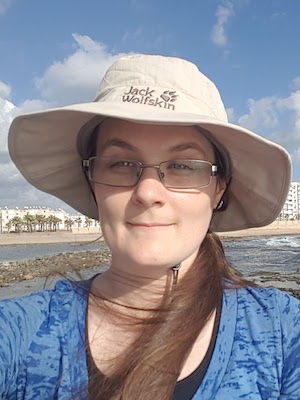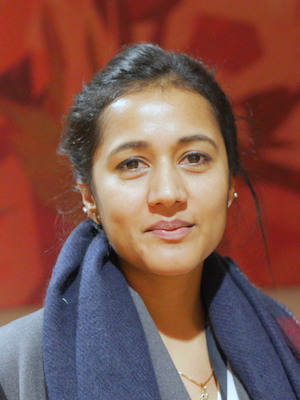This guide is part of the Research Software Camp: research accessibility web content series.
Even before the pandemic-driven age of remote meetings, many open science and open source communities have been using participatory online meeting formats to involve their members from multiple countries. Local communities are also successful at designing inclusive formats that take languages, cultures, and identities into account. Many international initiatives host online training and community meetings using traditional information delivery methods: training workshops, guest presentations, as well as participatory methods: group discussions, collaborative document writing, and online co-working. On one hand, these meetings aim to be inclusive of members from different time zones, languages and identities together in a common place. On the other hand, formats used in these calls presume that participants of such calls actively use spoken language, have shared vocabulary, and learn in similar ways.



